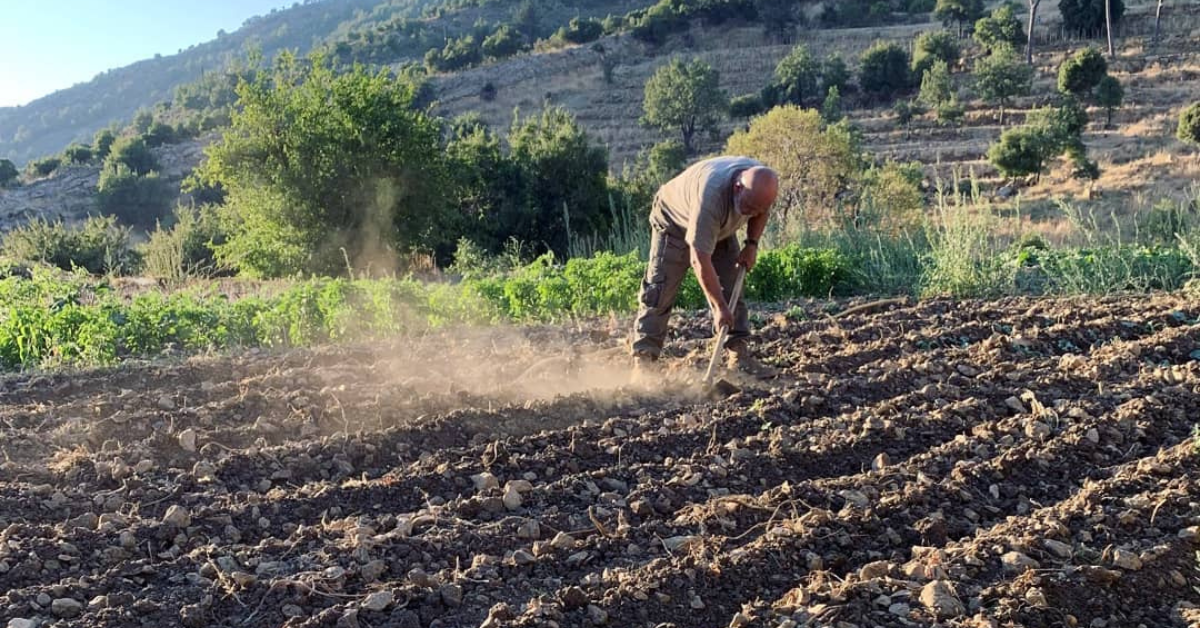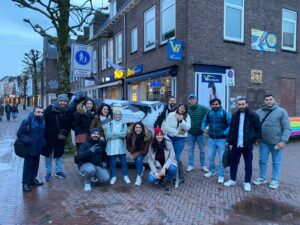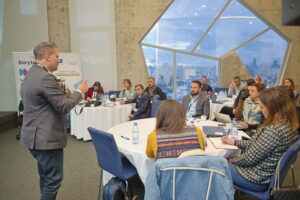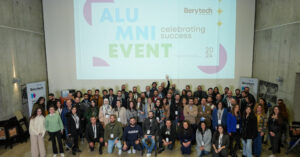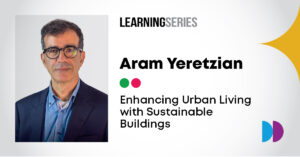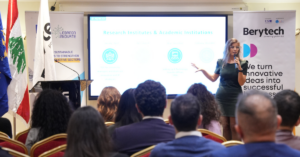The Investment Development Authority of Lebanon (IDAL) states that in 2018, the agriculture sector in Lebanon generated around USD 1.8 billion or 3.2% of Lebanon’s GDP. This number represents a sector that has gone underfunded and underdeveloped for many years. The lack of modern equipment and innovative practices, compounded with the absence of a national strategy, have impeded the development and growth of a sector vital for Lebanon’s economic stability and food security.
Yet, Lebanese agri-food exporters benefit from a healthy awareness of product quality and customer satisfaction in regional markets today. The sector can extend widely to international markets if local suppliers embrace international standards and follow export requirements while also filling gaps in the local supply chain.
While agricultural exports reached USD 193.1 million and grew at a compound annual growth rate of 2% between 2010 and 2019 (IDAL), the landscape witnessed tremendous changes post-financial crisis. The agri-food sector continues to attract new investments in an attempt to replace inaccessible imported goods, while new export markets emerge.
Investment in Agrifood Production
Lebanese agrifood production is diverse, with a broad range of traditional and innovative products exported to regional and international markets. The factbook that IDAL published shows that the top three exported agrifood products in 2019 included dried fruits and nuts (10% of the total), followed by processed chocolate (8%), and other vegetables and food preparations (7%). Before the inflation, Arab countries were importing the highest share of Lebanese agrifood products, accounting for 48% of total agrifood exports in 2019, with Saudi Arabia, UAE, Qatar, Iraq, and Kuwait importing more than 35%. The market includes wine, olive oil, dairy products, dried food, vegetables, fruits, tubers, and canned food.
Fadi Sarkis, CEO of NATAGRI, an agricultural company specializing in consultancy, management, and trade, believes that farming can be an attractive sector to invest in. “This small country has a lot of mountains, with different heights. Any product can be planted in any season allowing windows to fill in market gaps for different products around the world.” He adds that Lebanon’s water is one of the best, but without good infrastructure, the country wastes a significant asset. Sarkis observes that the country desperately needs a sustainable research center, which is why many investment opportunities are being missed.
Sarkis explains that farming projects should consider planting fig plants, with their different kinds, walnut trees, almond trees, grapes, and berries as these tend to fill market gaps around the world. While Lebanon can’t compete with tomato production, for example, he confirms that farmers can generate high revenue from planting medicinal and aromatic plants where the country’s different altitudes play to its advantage in growing aromatics, herbs, and spices. “The country’s prosperous sunlight, rich soil, and abundant water resources provide it with critical enablers to stand out in the region as an ideal spot for agricultural activity,” he adds.
Local and regional socioeconomic and political dynamics have highly affected agricultural growth in Lebanon. Since 2011, Lebanon has faced two frights risking its ability to ensure food security for its citizens after the Syrian crisis in 2011 and a vital financial crisis in late 2019. Despite a drought of political support, the Lebanese agricultural sector has been capable of adapting fast in response to food security shocks and developing social stability and resilience in rural zones. However, the economic crisis and the collapse of the Lebanese pound have put the food security of vulnerable Lebanese and refugees in danger. The consumer price index increased by 240% between October 2019 and October 2020, while food prices grew by a frightening 367%.
Challenges and Opportunities in the Lebanese Agriculture Sector
The Lebanese agricultural sector depends on investments, and analyses show that 90% of Lebanese people, and almost all Syrians, operating in agriculture do so informally. This informal economy is a part of any country that is neither taxed nor monitored by the government. Moreover, agricultural labor is unregulated; therefore, there is no legal meaning of the term ‘farmer’ as a profession or ‘agricultural exploitation’ as an industry. The fact that statements of legal and commercial status don’t exist indicates the absence of any social protection for agricultural workers, such as health coverage, pensions, or basic rights that are available to workers in other sectors.
The governance over such a sector is dynamic since it decreases farmers’ margins and bargaining power. Selling crops through negotiators is one of the most common methods of transaction. Since farmers and their associations cannot offer adequate volume for the market, negotiators act as aggregators of crops. The lack of transparent data about prices and poor infrastructure and transportation logistics—not to mention risk-averse behavior—all influence the farmers’ decisions to sell through negotiators.
The inferior governance of wholesale markets is a barrier to developing and improving local farming value chains. Away from the challenges, Bottom Line Investors looking to invest in the farming sector have plenty of choices other than purchasing a farm. Investors who hope to replicate the returns of owning farmland most closely can buy a farmland REIT (Real Estate Investment Trust). For those seeking a broader aspect in the agriculture sector, creating equity investments in crop producers or supporting firms could be their best alternative. With all of these options, investors should be able to find an investment vehicle and strategy that fits their needs.
Risks of investment in agriculture are an essential aspect of the farming business. The uncertainties might come in several phases, starting from weather, yields, prices, government policies, global markets, and other elements that impact farming that can cause wide swings in farm income.
Risk management applies to select choices that reduce the economic consequences of such uncertainties. Production risk emanates from the unsteady natural development processes of crops and livestock. Weather, disease, pests, and other aspects affect the quantity and quality of commodities grown. The nature of price risk also differs significantly from one entity to another. Institutional risk results come from uncertainties enveloping government actions. Tax regulations, chemical use restrictions, animal waste dumping rules, and the level of price or income support costs are government decisions that can seriously influence the farm industry. The water infrastructure in Lebanon is a critical input for agricultural production and recreates a crucial role in food security. Due to population increase, urbanization, and climate instability, competition for water resources is predicted to rise, particularly affecting agriculture. In Lebanon, the water infrastructure is another forgotten asset. Investors should spend money on the maintenance of irrigation and drainage systems in the land they’re investing in, which is considered another challenge.
New Generation of Farmers
After all, people still have to eat, whether the overall economy is in a slump or boom. Because of this, many investors believe agriculture and farming assets are recession-proof. Additionally, as the world’s population increases, agriculture will play an increasingly significant role in maintaining global communities. For this development to persist sustainably, a new generation of farmers must bear it. With so many Lebanese graduates and professionals fleeing the country and digging for a more promising life elsewhere, that may demonstrate challenges. In this broad background, reconsidering agriculture is critical in forming a sustainable monetary model that reduces geographical inequalities and guarantees food security.
The Food System Challenge
The Food System Challenge is implemented by the World Food Programme (WFP) and Berytech through support from the German Federal Ministry of Economic Cooperation and Development (BMZ).
The program’s main outcomes are enhanced food security, a well-functioning local food system, enhanced efficiency and resilience of cooperatives and SMEs working across different streams of the food systems, and increased employment opportunities, especially for women and vulnerable individuals.



